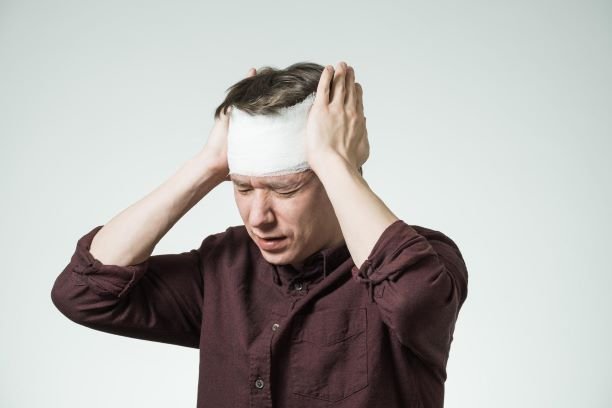
When you play sports, injury is part of the deal. While many injuries are unavoidable, head injuries in sports can lead to severe injury or death. Coaches, parents, and players must do all they can to decrease the risk of concussions and other head injuries in sports.
While not all head injuries lead to brain damage or death, even minor injuries can be painful. Players that experience multiple head injuries over time have an increased risk of long-term effects. We’ll examine the ways people can limit and prevent head injuries in sports.
It can save your life and prevent future damage.
1. Wear Properly Fitted Sports Equipment
It’s common practice for sports to have safety equipment like helmets and mouth guards. It’s important to wear them always when on the field. It’s not just a matter of wearing them, but also making sure they fit securely and properly.
A helmet that is too loose or too tight can come off when playing. If the helmet is wiggling, then it can make it easier to receive a damaging head injury. If someone does receive a head injury, then have a sports medicine doctor treat them immediately.
2. Follow the Safety Rules
The rules of the game are there for a reason. They help players stay safe even when there is contact. When players play fast and loose with the rules, especially during practice, injuries can happen. Playing without proper equipment or teaching them to block and tackle properly helps limit the head to head contact.
It’s important to teach them proper form both during games and practices. Healing head injuries can take time, and the players can’t play during it. By teaching them the rules early, you limit injuries and keep them playing on the field.
3. Keep Your Athletes Educated
Many times, athletes feel invincible and don’t think a serious head injury can happen to them. If they do, they may believe it heals quickly, and there are no short or long-term effects.
Teach them how a head injury can impact them both in the short term, such as not being able to play, and in the long term, such as potential issues with memory and coordination. This lets them take head injuries seriously and be proactive in preventing them.
4. Know the Signs of Head Injuries in Sports
Not all head injuries are the same, and prevention isn’t always possible. A player could suffer a minor head injury and have no consequences, but it’s important to know the difference. If the player begins showing signs of a concussion such as memory loss, dizziness, nausea, etc., they should immediately be taken to a doctor.
5. Limit Head Injury Opportunities
In games like hockey and football, where players can lose their temper and begin fighting or purposely attempt to injure someone, it’s important to limit this as much as possible. If an athlete is playing recklessly or aggressively, then take him out of the game and let him cool down. Get a taste of America’s favorite team by purchasing Dallas Cowboys tickets.
Head Injuries Can Be Prevented
Many times, head injuries in sports can be prevented using the tips above. If a head injury happens, then it’s important to have the player examined and treated promptly. Don’t let a head injury lead to a concussion or death when it can be prevented.
For more information about head injuries, please explore our site.




